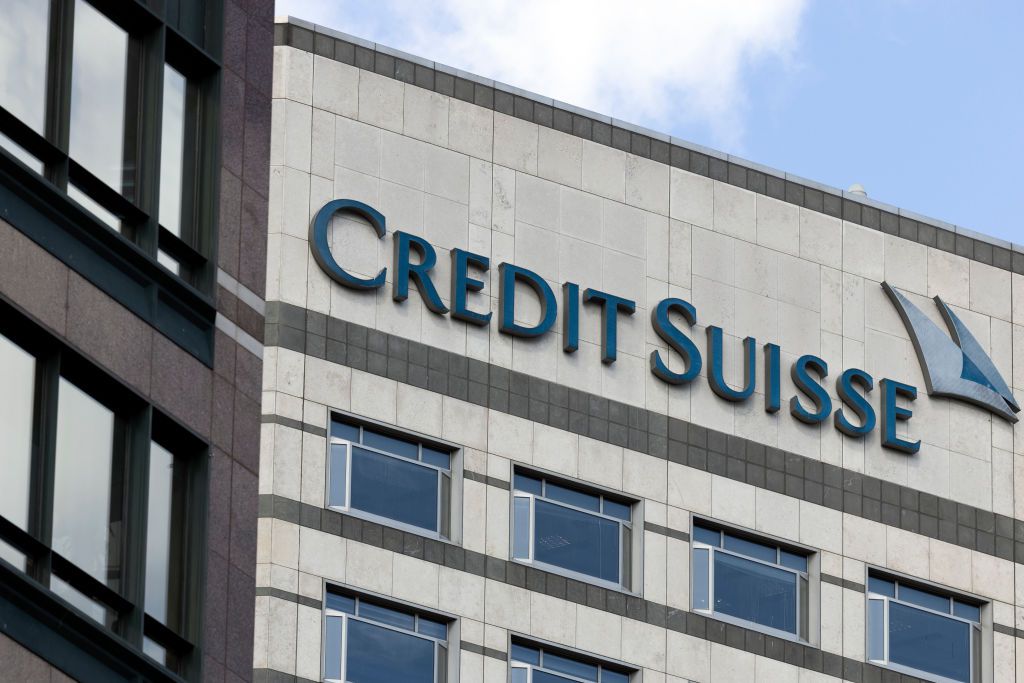Why did Hindenburg Research fail to raise an alarm bell on the troubled Swiss lender Credit Suisse? Or for that matter Silicon Valley Bank and Signature Bank, the two failed US based lenders?
The Credit Suisse collapse could turn into a bigger crisis impacting the global financial markets even as the Swiss authorities have sprung into action promising to provide necessary support to the lender,
The beleaguered bank, which less than two months ago, refused to accept bonds of the Adani Group of companies as collateral after the damning report published by Hindenburg, is now seeking support from Swiss National Bank.
“Credit Suisse is more relevant to the Indian financial system than Silicon Valley Bank,” financial services company Jefferies said in a note.
While for the Adani Group, Credit Suisse’s refusal to accept its bonds as collateral may have worked as a boon in disguise, the Swiss lender has a sizable presence in the Indian market and economic landscape.
The lender has an asset base of about Rs 20,000 crore. A chunk of its assets – about 70 per cent — are in government securities.
According to Jefferies, Credit Suisse’s off- balance sheet is seven times the total assets.
“Given the relevance of Credit Suisse to India’s banking sector, we see softer adjustments in assessment of counter-party risks, especially in the derivative market,” the Jefferies note said, adding that the Reserve Bank of India will keep close watch on liquidity issues, counter-party exposures and intervene as necessary. The noted pointed out that this may also lead to institutional deposits moving more towards larger/quality banks.
Interestingly, Credit Suisse has been marred by a series of controversies and scandals including the collapse of British financial firm Greensill and US hedge fund Archegos in 2021. The same year, the Swiss lender was slapped with a fine of $475 million by US and British authorities after it came to light that it was involved in a bribery case related to loans given to Mozambique’s state-owned companies. In 2022 media reports revealed that the bank held billions in dirty money.
Credit Suisse however refuted the reports calling them partial and inaccurate based on selective information taken out of context.
Hindenburg was quick in churning a painstakingly detailed report on the Adani Group alleging that the company indulged in grave manipulation of the stock market.
But a few questions have now come to the fore.
Why was Hindenburg selective in its reporting and target just Adani while leaving out other bigger firms that were on the verge of collapse?
Why were the revered pundits such as George Soros the billionaire investor, who have been brutal in their assessment of the Indian economy, caught napping at a time when a bigger crisis was brewing? Recently, former RBI governor Raghuram Rajan too hit the headlines when he said that India is “dangerously close” to the Hindu rate of growth.
Many netizens are having a laugh. Hindenburg, which specialises in short selling, could have earned more had it “shorted” the Swiss lender rather than targeting the Adani group.
Also read: Credit Suisse gets $54 billion lifeline to stave off collapse



















